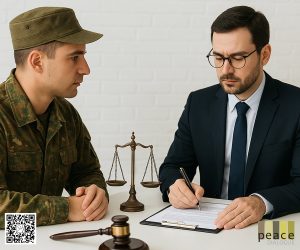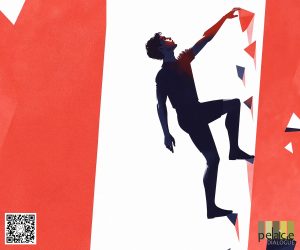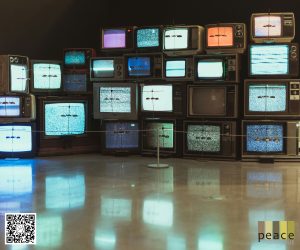Featured category
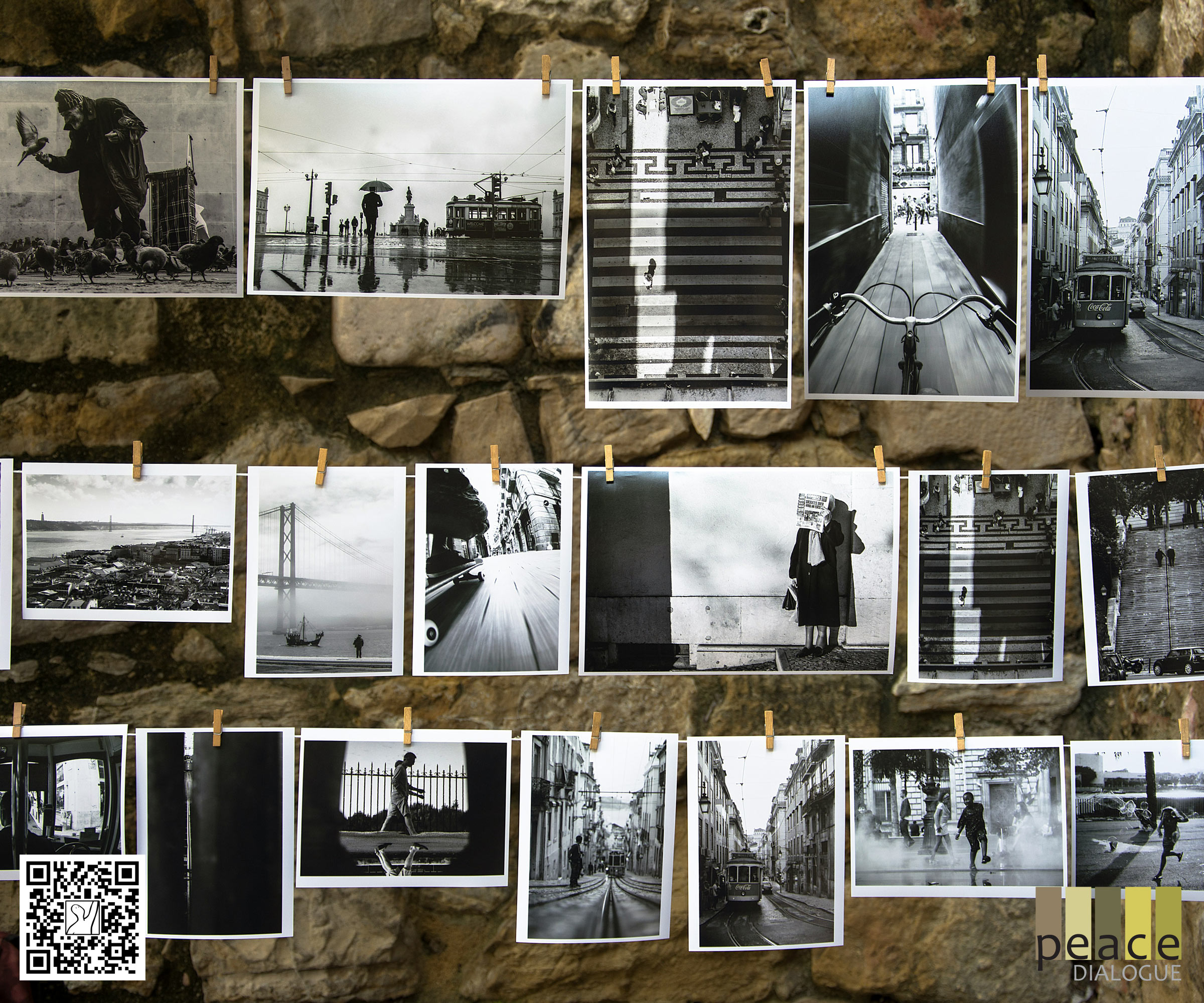
Summer School of Stories and Narratives
Ready to unlock your potential, dive into the creative world of theatre, and take your first steps toward self-discovery? The Summer School of Stories and Narratives warmly welcomes young people aged 17–20 from the Northern regions of Armenia.
⏳ Application deadline: August 10, 2025
![]() To apply, please fill out the form here: Application Form
To apply, please fill out the form here: Application Form
Regional youth from northern Armenia continue civic journalism training with Peace Dialogue NGO
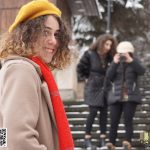
On 3-7 December, Peace Dialogue NGO organized its second civic journalism training session as part of the Training Next-Generation Civic Journalists in Northern Armenia as Future Democracy Watchdogs project. Youth interested in civic journalism and possible careers as journalists and broadcast news reporters travelled to Dilijan to attend learning sessions on how to make interesting, compelling photojournalism reports and short videos.
The Final Report on the Monitoring of the Activities of the RA MoD within the Framework of the HRAP 2017-2019
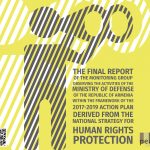
On the following pages you will find the final report on activities implemented by the RA Ministry of Defense within the framework of its 2017-2019 Action Plan (hereinafter Action Plan) derived from the National Strategy for Human Rights Protection. The report has been compiled by the Monitoring Group created as part of Peace Dialogue NGO’s (PD’s) initiative: “Proactive Civil Society Participation in the Protection and Promotion of Human Rights in the Armenian Armed Forces”.
Youth from Lori, Shirak and Tavush regions of Armenia on their way to becoming civic journalists

Peace Dialogue organized and hosted its first training in civic journalism for regional youth from northern Armenian between 29 September and 2 October in Gyumri. 18 young men and women (ages 16-25) traveled to Gyumri to attend an event led by the creative producer at Armenian Public TV (H1) Armen Sargsyan and media trainer Mane Papyan. The four-day event, organized as part of a project entitled “Preparing New Generation Civic Journalists in the Northern Regions of Armenia” which is funded by the Canadian government’s Fund for Local Initiatives (CFLI), began with discussions on journalistic theory and what the role of journalists is in democratic societies.
Are criminal investigations related to non-combat deaths in the army carried out objectively?
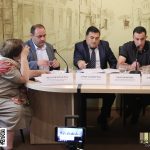
A discussion entitled Investigation of criminal cases initiated in non-combat deaths in the army: is comprehensive, thorough and impartial investigation of cases guaranteed? took place on 12 September 2019 in Article 3 Club. The event was the result of cooperative efforts between Peace Dialogue NGO and Article 3 Club. Some of the criminal cases launched based on deaths recorded over the past 10 years have been dropped or suspended during the judicial process. Meanwhile, some are still in the preliminary stages of investigation. Victims’ successors cannot find out the real causes of their relatives’ death, and it has become common practice that those responsible for these criminal acts go unidentified and are not punished.
Bi-Annual Report of Peace Dialogue on Human Rights in the Armenian Armed Forces/ Vol.9
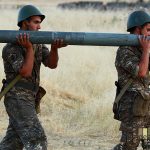
It seems encouraging and uplifting that the MoD places importance on human rights issues and that transparency and civilian control are Defense Ministry priorities. It is still not clear how these fundamental democratic changes can be achieved when the “Law on Military Service and the Status of Military Servicemen” is still in force despite having been criticized by civil society. The law, as well as the “Nation-Army” concept (which is still functioning) contains many risks and does not ensure sufficient involvement of different civil society groups.
Announcement about the Suspension of PD’s Activity in the Public Monitoring Working Group of the Investigative Committee of Armenia
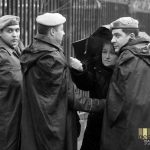
We declare that our organization will continue its activities aimed at the protection of the rights of servicemen who have died in non-combat situations during their military service. We will continue using other platforms and other measures as established by law. This is because the absence of legally-based approaches and mechanisms, alongside the System’s inability to rid itself of corruption, hinders and distorts our organization’s mission when carrying out Group activities.
Application of Techniques of Theater of the Oppressed in Peacebuilding Activities

The publication was primarily created to support the staff of organizations working in the field of peacebuilding; it shows them how to apply theater tools in their work. It places emphasis on the analysis of the effectiveness of some tools depending on work context, group interests and the outlook or views of activity beneficiaries. The material can serve as a resource for all persons interested in peacebuilding and the Theater of the Oppressed. Besides this, the manual may also be helpful for those who are taking their first steps in developing peacebuilding projects.


